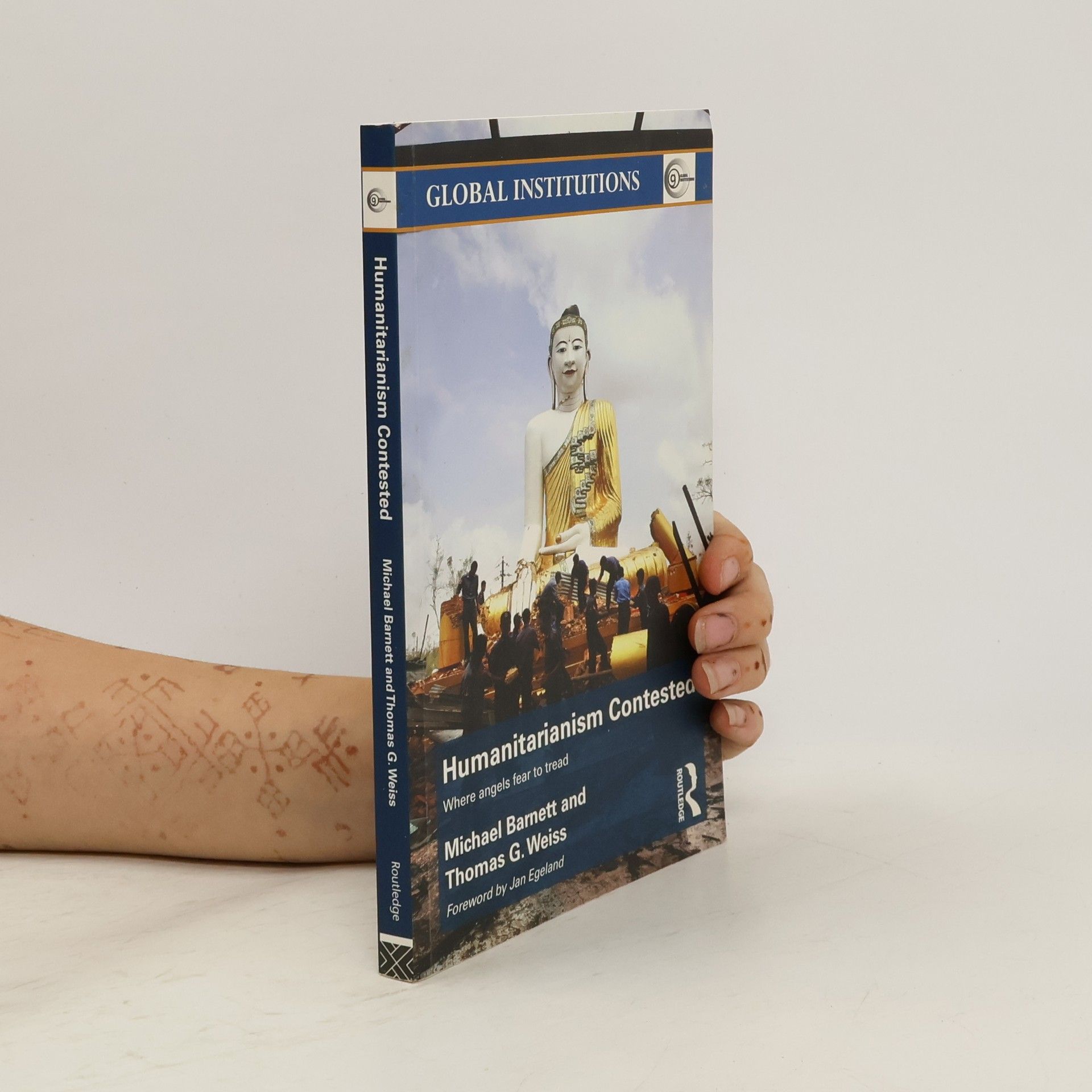People, Not Psychiatry
- 228 pages
- 8 hours of reading
Exploring alternative approaches to mental health, this book delves into the lives of individuals who turned away from conventional psychiatry in the 1970s. It highlights their journeys in seeking and discovering innovative methods of care and healing, emphasizing the importance of community and interpersonal support in mental well-being. Through personal stories and insights, it challenges the traditional practices of psychiatry and advocates for more holistic, compassionate ways of addressing mental health issues.













